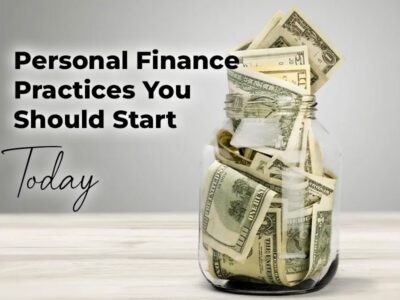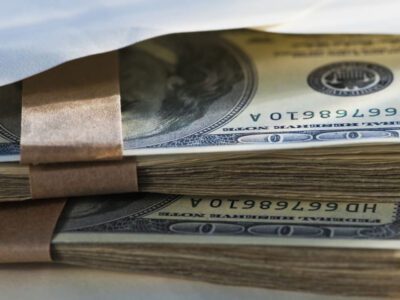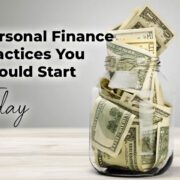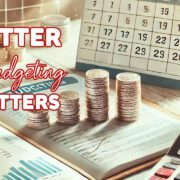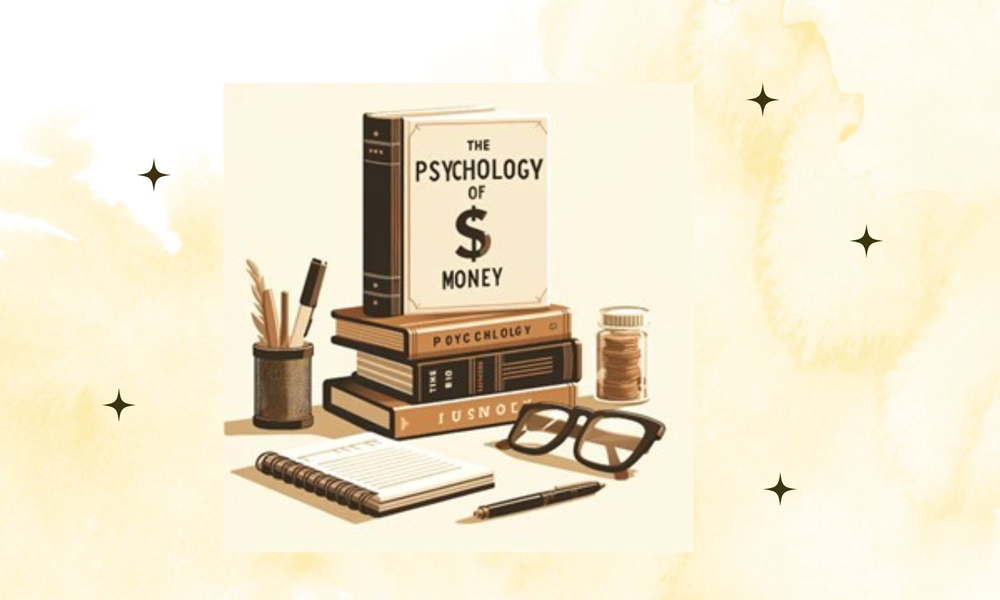
Introduction to Behavioral Economics.
Behavioral economics studies psychology and economics, contrasting traditional theories that assume rational decision-making from eccentric individuals, highlighting the differences between rational and non-rational individuals.
Behavioural economics explores how moods, biases, and emotions influence money decisions. It reveals that we buy more when options are limited and value our possessions higher. The nudge concept is a key concept.
What is a ‘nudge’?
Understanding decision-making psychology helps make better future choices. Nudges, like auto-enrollment in retirement plans and defaulting organ donor status, overcome natural inertia. Thaler emphasizes visible, easy-to-opt-out, and beneficial nudges, such as insect decals.
“Our idea was straightforward. People make foreseeable errors because they are humans, not economists. If we can foresee these errors, we can develop rules to lower the error rate.” ― Richard H. Thaler, Misbehaving: The Origins of Behavioral Economics
Three Effective ‘Nudges’: 401(k)s, Organ Donations, and Clean Restrooms
- Automatic enrolment into 401(k)s and other retirement plans.
When Thaler began researching the peculiarities of human nature, he published a paper with a few practical examples of how nudges could be applied. Several of these cases involved increasing the number of persons enrolled in their retirement plans.
UK-based organizations like Yelp adapted their 401(k) plans to automatically enroll users from day one, leading to a significant increase in enrolment from less than 20% to over 80%.
The conversation focuses on applied psychology and money, highlighting Thaler’s theories as a potential career path that can positively impact individuals’ financial well-being.
- Register to be an organ donor.
States like California and New York have increased the percentage of organ donors from 30-40% to 70-80%, based on Thaler’s theoretical arguments, reducing organ waiting deaths.
The goal is to guide them in the correct path. When it comes to signing up for a 401(k) or breaking an old behaviour, inertia frequently wins out. Making this easy improvement will ultimately save more lives.
- Assist men in aiming at the urinals
The third renowned example of ‘nudges’ was used at Amsterdam’s Schipol Airport. To reduce ‘human leakage’ (ew), small stick-on decals of flies were placed directly above the drain.
The experiment successfully reduced leakage by 80% and saved maintenance costs, but raised insect concerns. Public programs have since implemented nudges to encourage cleaner behavior, such as turning subway stairs into musical notes and cigarette disposals into voting boxes.
Privacy: A Potentially Positive Nudge.
Alessandro Acquisti’s study on the behavioral economics of personal information highlights the potential for online social networks to collect sensitive data points.
Acquisti suggests social media sites should make it easy to modify visibility settings on personal information, providing context to aid users’ decisions, and offering nudges rather than explicitly prohibiting birthday publishing.
Finally, the information may be hidden by default unless the user specifically shares it. This makes the ‘default’ option the most private, which would benefit the majority of individuals in accordance with the nudging.
Beware the Dark Side of Nudges.
While nudges were intended to be ‘positive’ forces, it is easy to understand how they could be exploited for evil. When it comes to applying ‘nudges’ in business procedures, two businesses immediately come to mind.
Uber has been accused of encouraging drivers to continue driving at less profitable hours by establishing earning targets and alerting them when they are ready to log off.
The texts said something like, “You’re $20 away from making $200 in net earnings.” Are you certain you want to go offline? The default choice is highlighted. Keep driving.
The decision to continue driving is still ultimately up to the driver, therefore this psychological technique could be compared to nudges. However, just because the consumer has the opportunity to choose and may simply opt out does not make it “right”. It is not in the driver’s best interest to continue driving when earning potential is minimal, hence this goes against the spirit of nudges.
My Personal Downfall: Netflix Nudges
In my own life, I have succumbed to another ‘nudge’: Netflix binges. The default is to continue to the next episode, so even though I could choose not to watch another episode, I frequently wind up watching more television than I meant.
In my house, we have a ‘always pause and wait 2 minutes’ rule before determining whether to watch another episode. Typically, the response is no. If we ignore this criterion, it’s almost certain that with a simple nudge, the next episode of Schitt’s Creek will begin playing.
“Quick! “Turn off!”
As businesses become more aware of the possibilities of nudges and capitalise on them, it is critical that we also grasp so that we do not fall to marketing methods.
The Powerful Effect of Applied Psychology
Nudges in psychology can be used for good and bad, with real-world applications like retirement savings and public restroom maintenance. Beyond nudges, behavioural economics offers other theories and findings. Further posts will explore these theories and their impact on our lives.
What do you think?
Can you think of any such nudges in real life?
Have you ever noticed you were being ‘nudged’?
What other interesting psychological phenomena influence our decisions?


